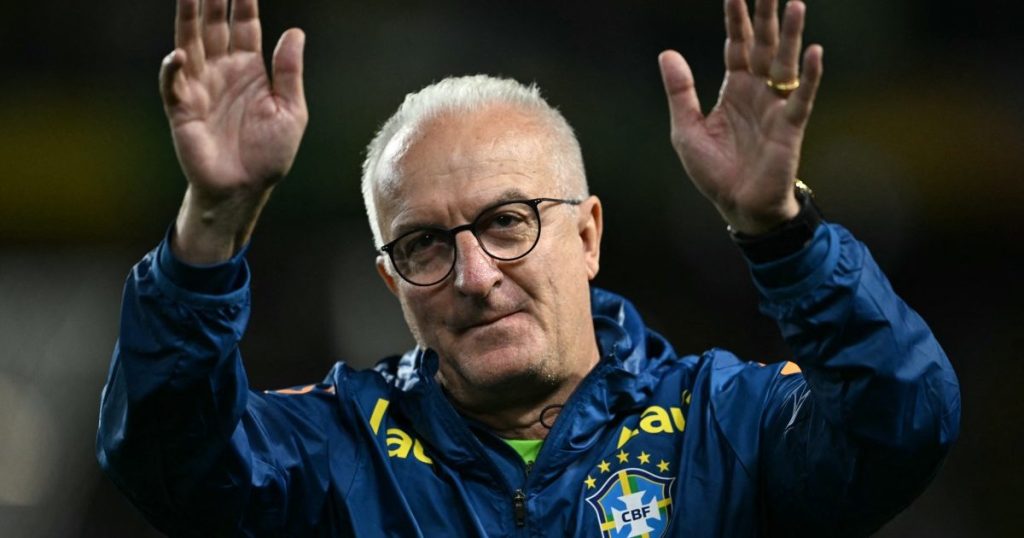The Brazilian Football Confederation (CBF) announced the dismissal of head coach Dorival Junior on Friday, just three days after a demoralizing 4-1 defeat to arch-rivals Argentina in a World Cup qualifier. This abrupt termination marks the end of Dorival’s brief tenure, which began in January 2024 following the interim period under Fernando Diniz. The CBF expressed gratitude for Dorival’s service but offered no specific reasons for his dismissal, simply stating that he was “no longer in charge” and wishing him well in his future endeavors. The decision comes amid increasing pressure and scrutiny surrounding Brazil’s underwhelming performance in the qualifying campaign for the 2026 World Cup.
Dorival’s dismissal underscores the high expectations and demanding nature of the Brazilian national team coaching position. Having inherited a team in transition, he struggled to instill consistency and tactical prowess, leading to a series of disappointing results. The heavy loss to Argentina, a match laden with historical and emotional weight, proved to be the final straw, exposing vulnerabilities in the team’s defense and a lack of attacking cohesion. The defeat left Brazil precariously positioned in fourth place in the South American qualifying group, a significant distance behind leaders Argentina, who have already secured their spot in the 2026 World Cup.
The 62-year-old coach’s appointment in January followed months of speculation and rumors surrounding the potential arrival of high-profile international managers, most notably Real Madrid’s Carlo Ancelotti. Dorival’s arrival was perceived by some as a temporary solution while the CBF continued to pursue their primary targets. While he enjoyed success at the club level, winning domestic titles with Flamengo and Sao Paulo, his transition to the international stage proved challenging. He failed to replicate the winning formula that had brought him acclaim at the club level, and his inability to galvanize the star-studded Brazilian squad ultimately led to his downfall.
The pressure on Dorival intensified with each passing qualifying match, as Brazil struggled to find their rhythm and establish a clear identity. The team’s performances lacked the flair and dominance traditionally associated with Brazilian football, and the mounting criticism from fans and media alike created a tense atmosphere. The loss to Argentina, a humiliating defeat on a grand stage, magnified the existing concerns and ultimately sealed Dorival’s fate. His post-match comments, in which he accepted full responsibility for the team’s performance, hinted at the inevitability of his departure.
With Dorival’s departure, the focus now shifts to the search for his successor. The CBF faces the daunting task of identifying a coach capable of restoring Brazil’s footballing prestige and guiding the team to a successful World Cup campaign in 2026. The names of several prominent coaches have already begun to circulate in the media, with Carlo Ancelotti once again emerging as a leading candidate. The Italian’s vast experience and proven track record at the highest level of club football make him an attractive proposition, but securing his services would require significant negotiation and financial investment.
Other potential candidates include Portuguese coach Jorge Jesus, currently at the helm of Saudi Arabian club Al Hilal. Jesus has a history of success in South America, having previously led Flamengo to the Copa Libertadores title. His tactical acumen and ability to manage high-profile players could make him a suitable fit for the Brazilian national team. The CBF will need to act swiftly and decisively to appoint a new coach, as Brazil faces crucial qualifying matches against Ecuador and Paraguay in June. The next appointment will be critical in shaping the team’s future and determining their chances of success in the upcoming World Cup. The pressure is on the CBF to make the right choice and restore confidence in Brazilian football.


